The last eight years have been momentous in India’s tumultuous history as an independent nation. They have seen India’s image soar high in the world and the nation gains geopolitical importance and respect. The Narendra Modi Government has to be complimented for the visionary steps taken to accelerate the nation’s overall development. But when we see the progress and pace of this process, we feel humbled by the comparison with our neighbouring country China whose economic status was at par with India till 1992 when the per capita GDP of both countries stood at around USD 350. But China’s rapid progress after 1995 saw its economic growth surge to catapult it to the status of the world’s second-largest economy in less than 30 years. Today China’s economy is nearly six times that of India and its per capita GDP is also that much higher at around USD 12500.
If India is to become a USD 5 trillion economy by 2025 and the world’s #2 economy by 2047, it has to do different things. China is certainly not the model for such things. China is a totalitarian state which has reached a high stage of development through a nondemocratic approach, an approach not in line with the natural pattern of human development. But more specifically, it is India’s weaknesses and lacunae in its administrative setup which require to be removed. Unfortunately, this matter has not caught the attention of the extant government so far.
A government functions through its administrative machinery, the bureaucracy and the laws and rules that apply to the working of that bureaucracy. But if the laws and rules are antiquated, obsolete and obstructive to progress, what results can we expect? The Indian bureaucratic apparatus is modelled on the archaic Indian Civil Services Act of 1861 which was enacted by the vainglorious British after crushing India’s war (mutiny) of Independence in 1857. The British Parliament decided that India will be governed by proper Acts and laws made there through a bureaucratic framework that will systematically serve their ends—exploitation and economic plunder of their colony. The vertical hierarchy bureaucratic system designed by the British was the result of the above thought. And it served them excellently till they left the shores of India in 1947.
This system was unfit for sovereign India and should have been discarded when India began its journey as a sovereign state. Both India’s Constitution which was a patchwork out of the Indian Independence Act 1935 and the British time Acts needed to be thrown to the dustbin and replaced by a Constitution and Acts in sync with India’s cultural milieu to serve as an effective and progressive governance apparatus.
It is not difficult for anyone to observe that corruption and inefficiency have plagued Indian bureaucracy all through and even during the last 8 years when the political leadership is far more honest and committed than that before 2014, our bureaucracy is not producing good results and shows practically the same old inept and corrupt behaviour. Despite some creditable steps taken by the government—repeal of many redundant minor laws, the promulgation of IBC, establishment of the GST and digitization of many processes, fast economic growth has eluded us due to antiquated administrative and judicial systems unfit for free India. The present political dispensation in India has taken some unprecedented, bold measures to give a push to the development process but bigger, bolder and broader reforms cry to be carried out. These will produce far-reaching changes in our legislative, executive and judicial systems to give a vibrant, new India in which the pulse of the people will throb in sync with these systems.
It may be mentioned in this connection that nowhere in Western Europe or another developed world do we find the vertical hierarchy bureaucracy. It is either a horizontal spread or hybrid type of bureaucratic structure in evidence in most of the developed countries. The vertical hierarchy model of bureaucracy is a sucker model as it attaches to the higher administrative echelons more power and less accountability.
We must change this bureaucratic system in India sooner than later. This should be preceded by Constitutional reforms to give a new Constitution suitable for a progressive sovereign India, a Constitution which will also be in line with the original draft prepared by Dr. B.R. Ambedkar but mutilated and spoilt by the intrigues of the top political leadership at that time. It must be stated here that India is the originator of political democracy of purest form—in the form it was first blueprinted by Lord Manu in the primeval scripture Manusmriti. This scripture also delineates the proper laws that need to be promulgated in a democratic state for perfect governance. The original draft of our Constitution had taken threads from Manusmriti and some other prominent Indian scriptures but regrettably, the machinations of the British and their Indian stooges undid what good work had been done in the first drafting of our Constitution. No wonder, the final Constitution only facilitated the continuation of the archaic British time Acts even in independent India. It needs to be emphasized here again that all these Acts were made for India as a British colony to be plundered and were entirely unsuitable for India as a sovereign state.
I can state with confidence and certainty that a new Constitution and Acts in line with the above suggestions along with a reformed bureaucracy in line with India’s pristine political ideology will catalyze India’s development, giving it a momentum of economic growth even faster than that of China. It will be in sync with the native culture of Indians and will give this ancient nation its strong pristine identity. It will speedily establish India as the sole economic and geopolitical superpower, its rightful place in the comity of nations—a place it has proudly maintained for millennia in the course of global history.
( Atul Sehgal is the writer based in New Delhi and can be contacted at atul4956@gmail.com)







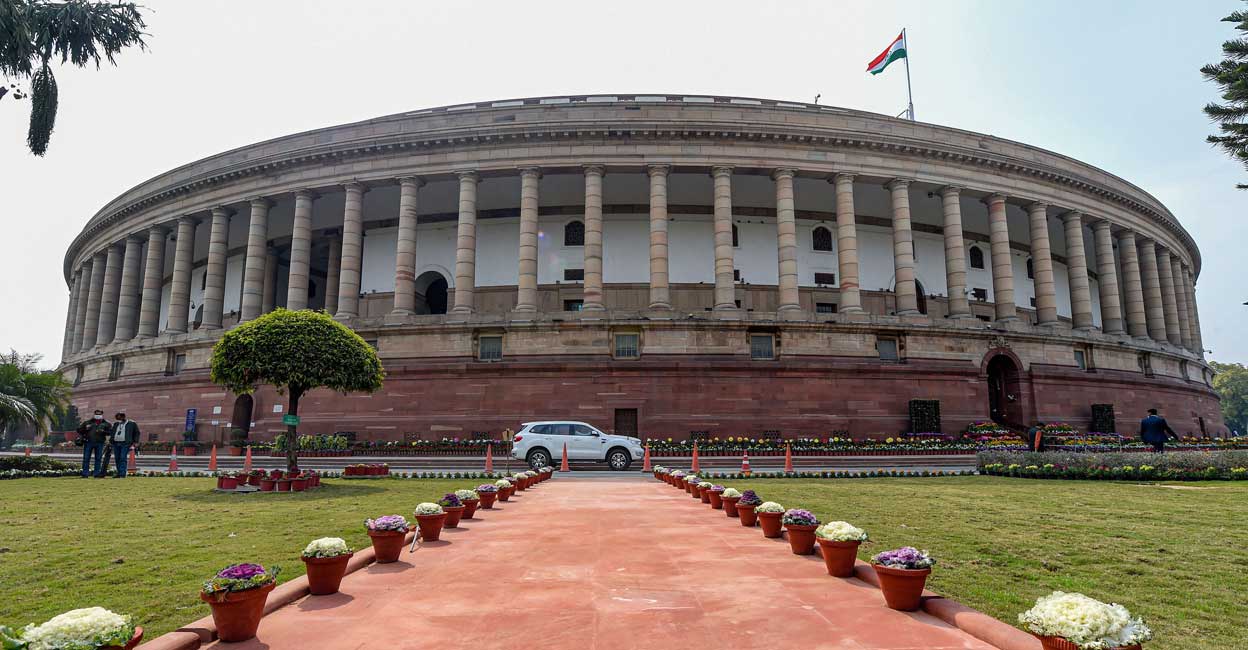
 OpinionExpress.In
OpinionExpress.In

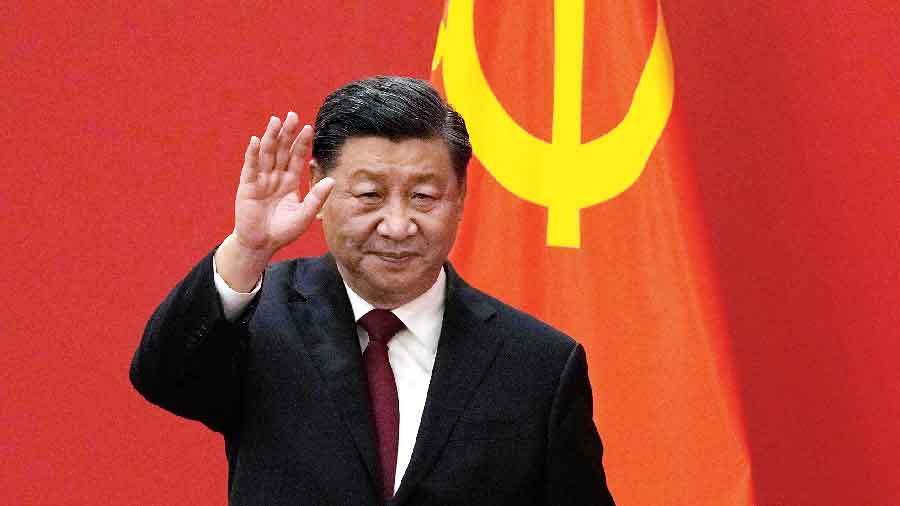


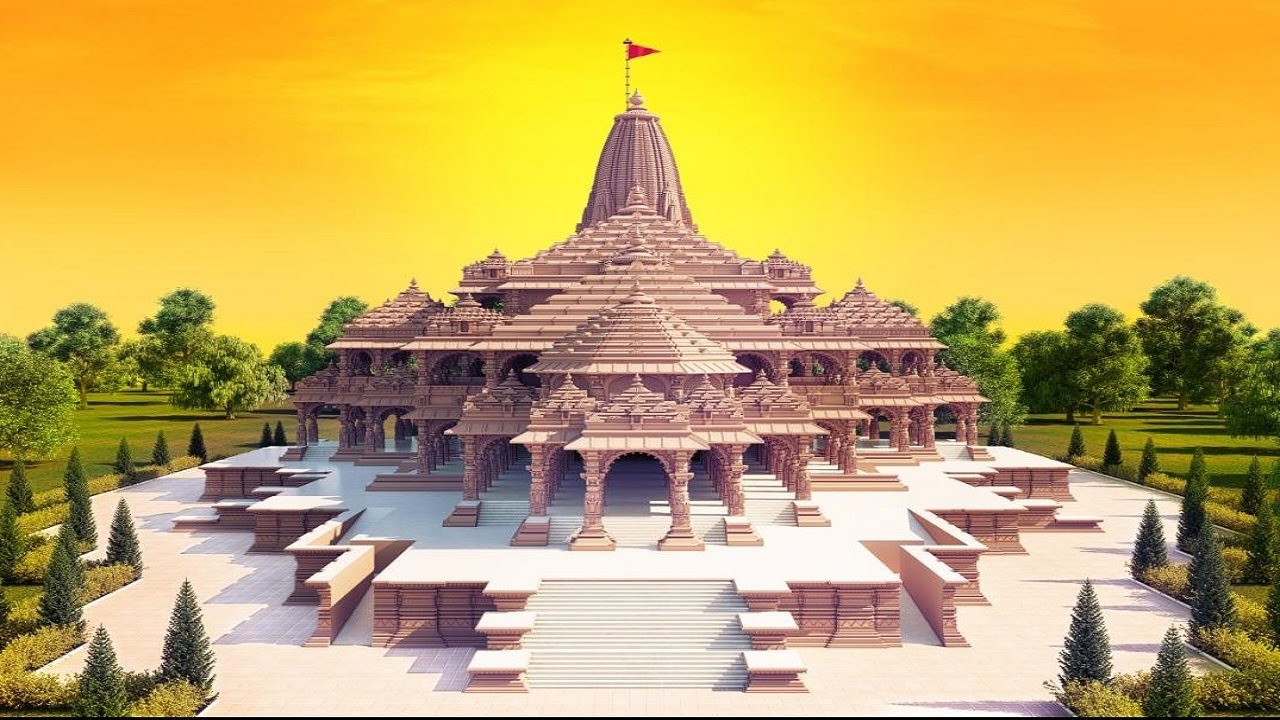
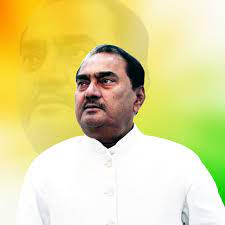

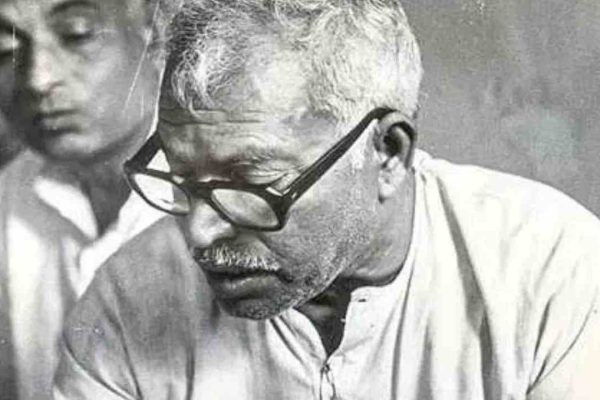
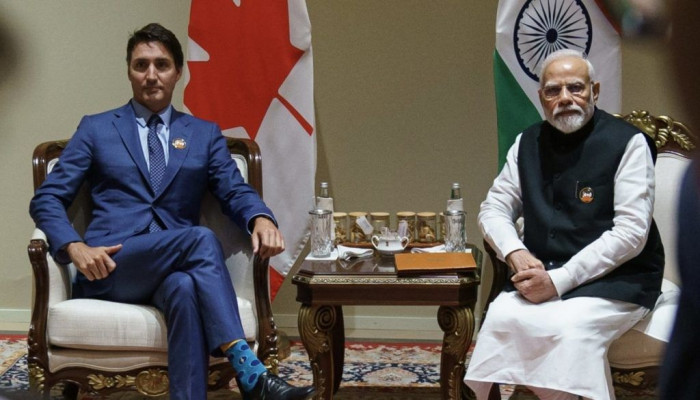






Comments (0)